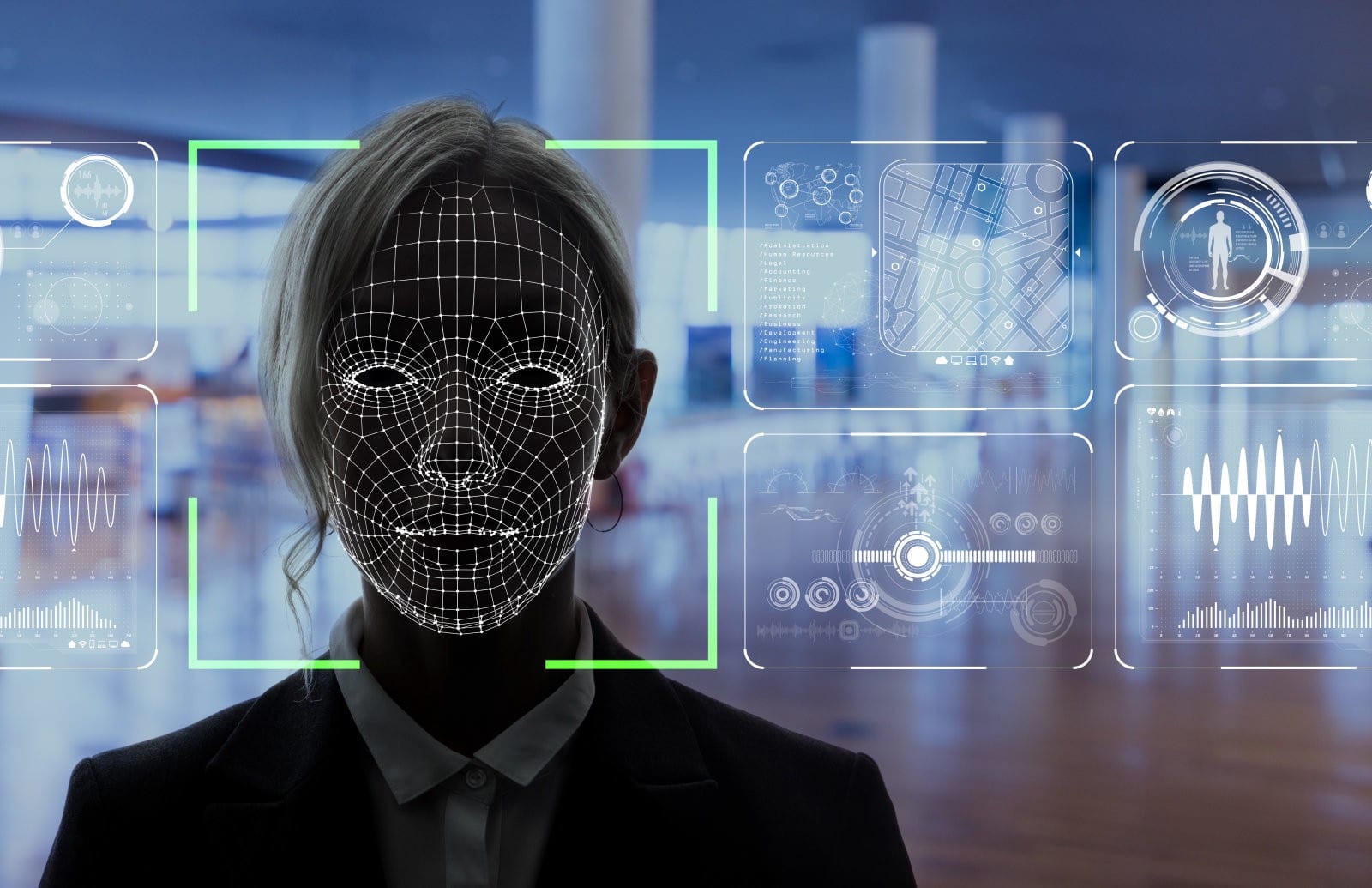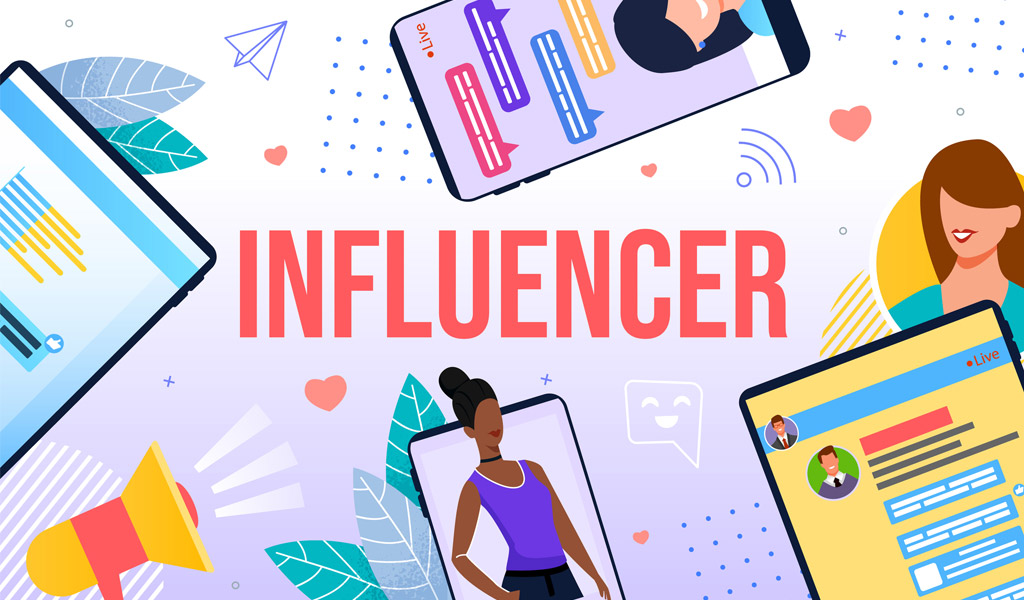The increasing sophistication of AI chatbots has led to a phenomenon where users form emotional attachments. This isn’t entirely surprising, given the human tendency to seek connection and the ability of these chatbots to mimic human-like interaction.
The Psychology Behind Attachment
Several factors contribute to this attachment. Firstly, chatbots are designed to engage users in conversation, often prompting them to share personal information and feelings. This self-disclosure fosters a sense of intimacy, even if the interaction is with an AI.
Secondly, the ability of chatbots to provide seemingly empathetic responses reinforces this connection. Users might perceive that the chatbot understands and cares about their emotional state, even though this is based on algorithms and not genuine feeling.
Thirdly, human’s innate drive to socialize means that when real-world connections are lacking, people might turn to AI for companionship. This is especially true in situations of loneliness or social exclusion.
Benefits and Risks
While some users may experience positive effects, such as increased well-being, reduced loneliness, and improved mood, there are also risks involved. One significant concern is the potential for emotional manipulation. Since AI chatbots can mimic emotions without truly experiencing them, users might develop attachments to entities that lack authentic understanding.
Furthermore, excessive reliance on chatbots can lead to a decline in real-world relationships. The ease of access to AI companionship may cause people to neglect human connections, which are essential for overall well-being.
Additionally, there are concerns about chatbots being used for escapist fantasy, potentially leading to emotional instability, depression, and anxiety. The American Psychological Association has also expressed concerns about chatbots impersonating mental health professionals.
Research Findings
Research suggests that individuals can develop attachments to social chatbots, especially when experiencing distress or a lack of human companionship. Studies have shown that self-disclosure to a perceived chatbot partner can generate similar benefits to those with a human partner.
The use of chatbots for mental health support is also being explored, with some users reporting feelings of emotional sanctuary and receiving insightful guidance.
Ethical Considerations
The development of AI chatbots raises ethical concerns. It’s crucial to design these technologies responsibly, ensuring they don’t exploit user vulnerabilities or promote harmful dependency. It is also important to consider the implications of AI mimicking human emotions without truly understanding them.
The emotional attachment people form with chatbots is a complex phenomenon rooted in human psychology and the capabilities of AI. While there are potential benefits, such as companionship and emotional support, it’s crucial to be aware of the risks. As AI technology advances, it’s vital to approach these interactions with awareness and prioritize genuine human connection.



